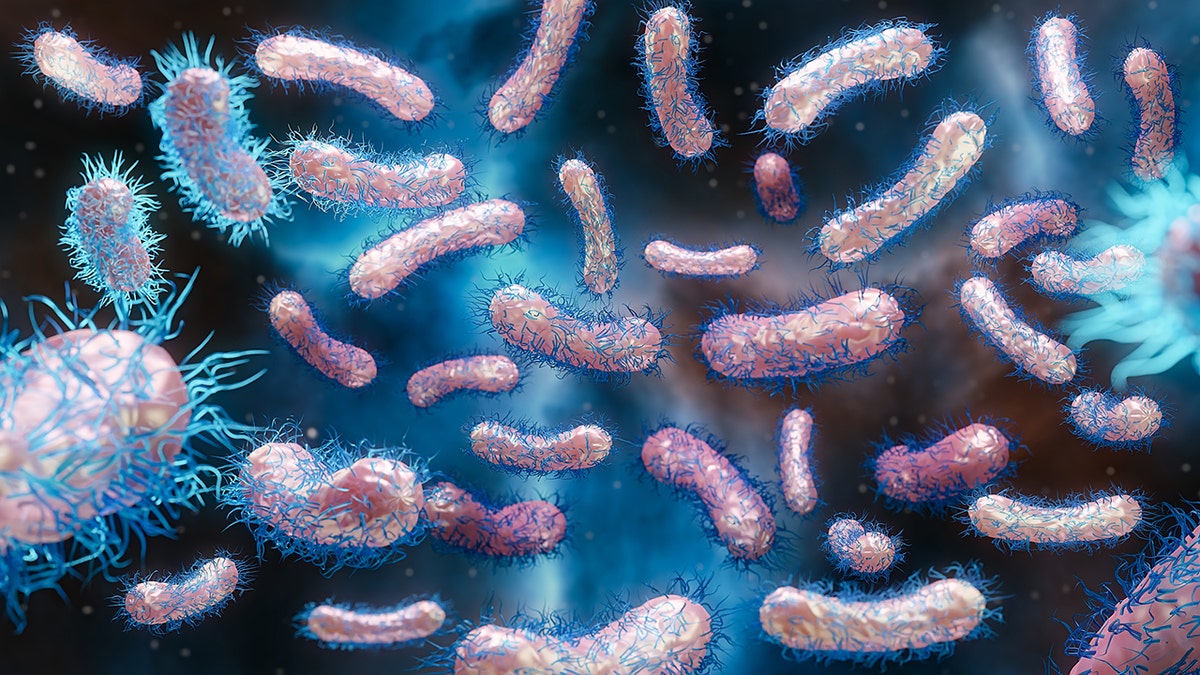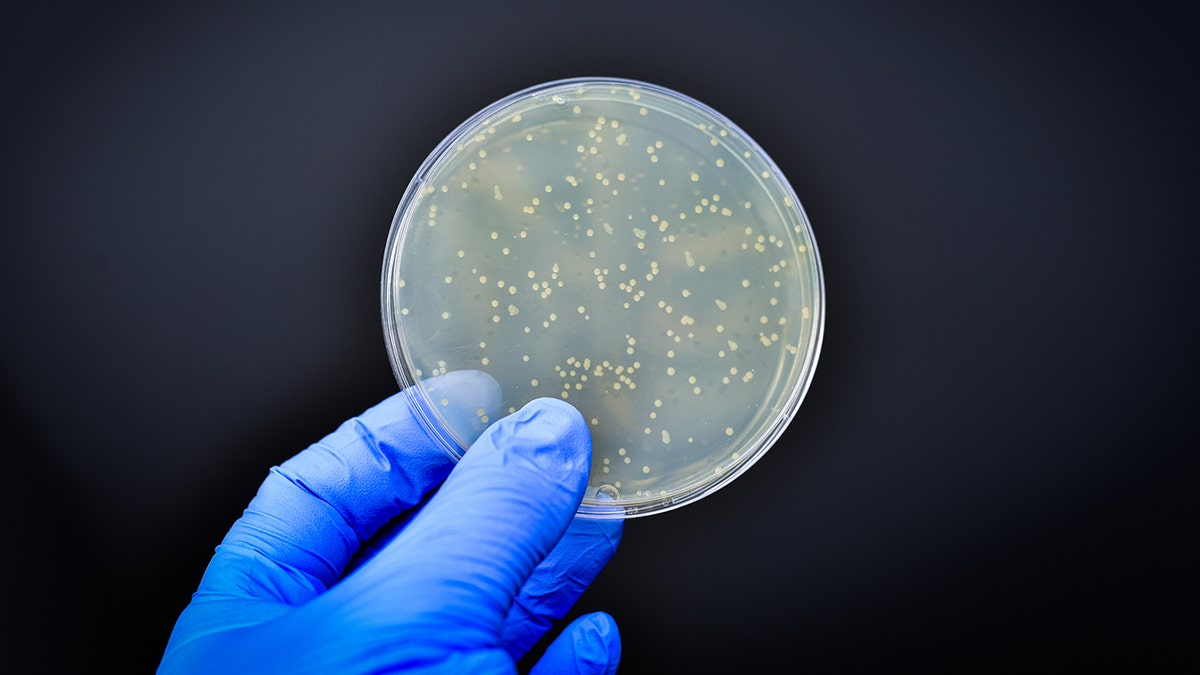Think bedtime horrors are limited to things that go bump in the night? Think again. A recent study by mattress company Amerisleep reveals a microscopic world of bacteria thriving in our sheets and mattresses, posing potential health risks we often overlook.

The study involved swabbing volunteer's bedding over four weeks, analyzing the bacterial growth on unwashed sheets and pillowcases. The results were alarming. After just one week, pillowcases harbored an astounding three million colony-forming units (CFUs) per square inch – exceeding the bacteria count on a toilet seat by over 17,000 times! This number skyrocketed to nearly 12 million CFUs after four weeks, surpassing the bacterial load of a pet food bowl by a significant margin.
Sheets, too, presented a similar scenario. A week of unwashed use resulted in five million CFUs, significantly higher than the bacteria found on bathroom doorknobs. This number rose to over 11 million CFUs after four weeks, exceeding the bacterial count on a toothbrush holder several times over.

The dominant bacteria found on the bedding was gram-negative rods, a type known for potential antibiotic resistance. Other bacteria included gram-positive rods and bacilli, often associated with food poisoning. The study also examined mattresses, finding three million CFUs per square inch on mattresses less than a year old, escalating to over 16 million CFUs on seven-year-old mattresses.

In light of these findings, Amerisleep strongly recommends washing bedding weekly. Leaving sheets unwashed for more than 35 days leads to a buildup of dead skin cells, body fluids, and dust mites, potentially triggering allergies and skin irritations.

Dr. Nicole Saphier, a Fox News contributor with a background in microbiology, highlighted the health implications of dirty sheets, linking them to skin irritation, rashes, acne, ringworm, and even pneumonia. She emphasized the transfer of pathogens, dirt, and oil to our bedding, stressing the importance of showering before bed and keeping hair dry to minimize pathogen growth.

WebMD supports the recommendation of weekly sheet washing, noting that sharing a bed with pets can increase dust mite populations, leading to allergies and skin reactions. Dirty pillowcases can also contribute to acne breakouts. WebMD advises airing out sheets in the morning and washing bedding in hot water with color-safe bleach for optimal hygiene.


Factors like sleeping nude, eating in bed, co-sleeping with children, and excessive sweating can further contribute to the buildup of unwanted elements in your bedding. Prioritizing regular sheet washing and adopting good sleep hygiene practices are essential for a healthier and more restful sleep experience.
Comments(0)
Top Comments